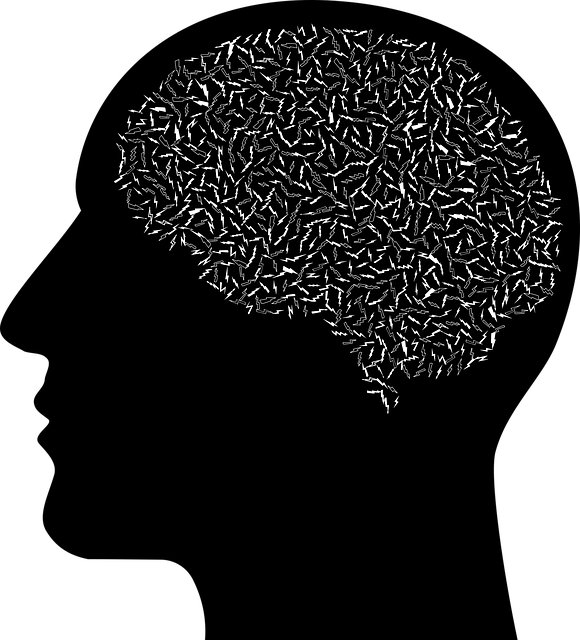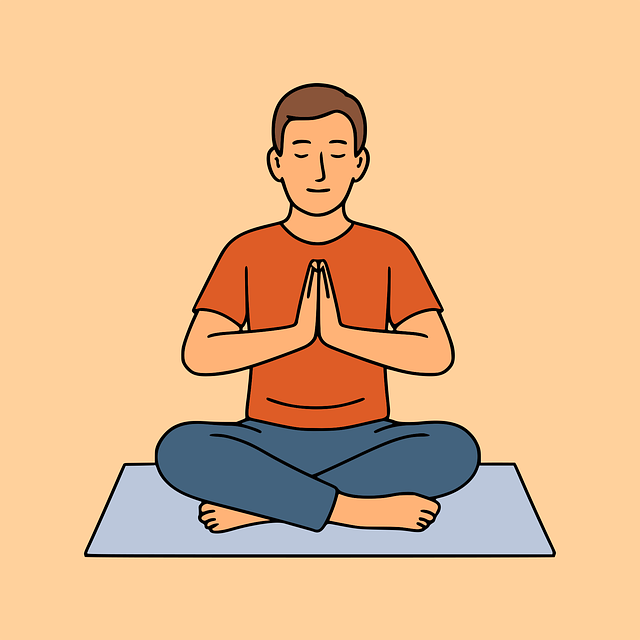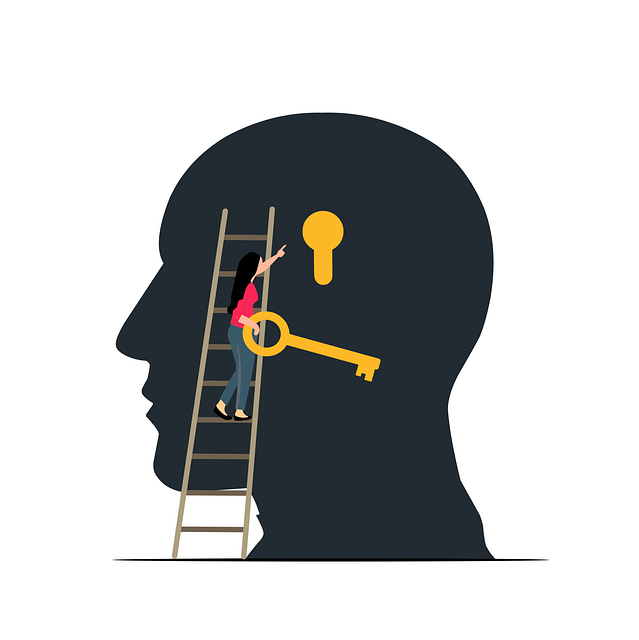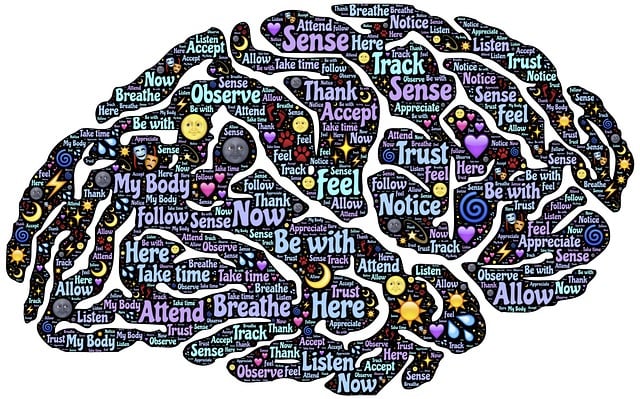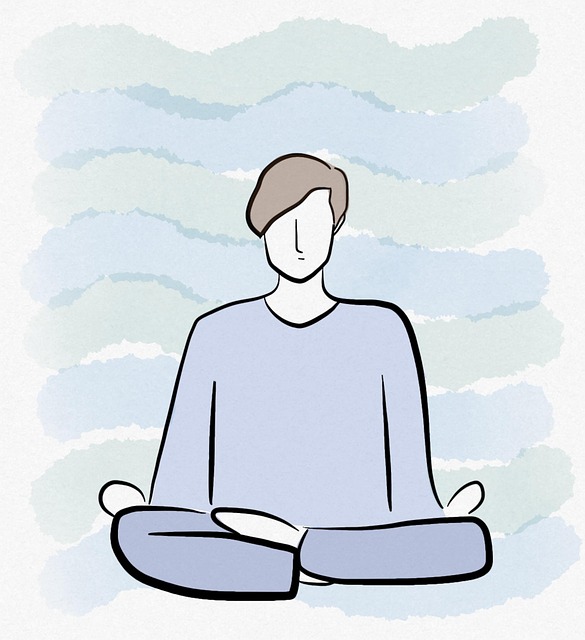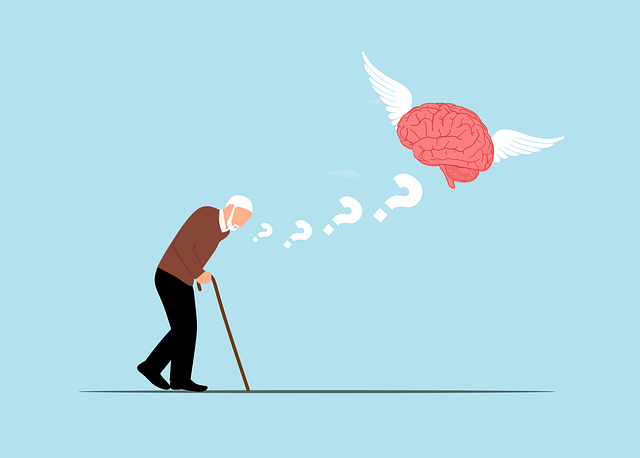Self-care is a proactive approach to holistic well-being that includes physical, mental, emotional, and spiritual dimensions, especially crucial for healthcare providers to avoid burnout. Key practices involve regular exercise, nutritious meals, adequate sleep, and meaningful connections, with Golden Spiritual-Religious Issues Therapy (GSRIT) aligning actions with personal values for purpose and connection to a higher power. GSRIT, through activities like prayer and meditation, offers safe spaces to explore emotions, improve mood management, and develop coping mechanisms, enhancing resilience against life's challenges and promoting overall well-being.
Self-care is an essential practice for maintaining mental health and overall well-being. In this article, we explore the profound impact of self-care and its intimate connection with spiritual and religious practices. We delve into the ‘Golden Spiritual-Religious Issues in Therapy’, uncovering therapeutic approaches that integrate faith for healing purposes. Additionally, we provide practical strategies for incorporating mindfulness, meditation, physical activity, healthy eating, and quality sleep into daily routines. Overcoming barriers to self-care is also discussed, offering strategies for sustaining these vital practices.
- Understanding Self-Care and Its Impact
- – Definition of self-care
- – Importance of self-care for mental health and well-being
- – Link between self-care and spiritual/religious practices
Understanding Self-Care and Its Impact

Self-care is a holistic practice that involves nurturing your physical, mental, and spiritual well-being. It’s about recognizing that you are a complex being with intricate needs—a blend of biological, psychological, and existential requirements. Understanding this concept is crucial in today’s fast-paced world where stress and pressure can lead to burnout, especially among healthcare providers. By prioritizing self-care, individuals not only enhance their personal lives but also improve their ability to serve others effectively. It’s a powerful tool for crisis intervention guidance, helping people navigate challenging situations with resilience.
The impact of self-care extends beyond individual benefits; it has profound effects on society as a whole. When people tend to their spiritual-religious issues through practices like therapy or participation in community support groups, they become better equipped to handle life’s complexities. This proactive approach can significantly reduce the risk of burnout and promote overall well-being, which is essential for maintaining high-quality care in various sectors, particularly healthcare. It encourages a balanced lifestyle that includes regular exercise, nutritious meals, adequate sleep, and meaningful connections—all of which are key elements in preventing stress-related issues and fostering a healthier community.
– Definition of self-care

Self-care is an intentional practice that involves attending to one’s physical, mental, emotional, and spiritual well-being. It encompasses a wide range of activities designed to nurture and sustain overall health, enhancing both quality of life and resilience against various challenges. From engaging in regular Mindfulness Meditation to pursuing hobbies and spending time in nature, self-care offers a holistic approach to well-being. This practice is not just about treating illness but also about preventing conditions like Depression and Burnout, which can arise from prolonged stress and neglect of personal needs.
In the context of Golden Spiritual-Religious Issues Therapy, self-care takes on an even deeper meaning. It involves aligning one’s actions with personal values and beliefs, fostering a sense of purpose and connection to something greater than oneself. By integrating spiritual practices into daily routines, individuals can find solace, strength, and a renewed sense of balance. This approach recognizes that addressing spiritual dimensions of life is essential for achieving true well-being and overall mental health.
– Importance of self-care for mental health and well-being

Self-care is an essential practice for maintaining mental health and overall well-being. In today’s fast-paced world, where stress and anxiety are prevalent, prioritizing self-care is more crucial than ever. It involves taking a proactive approach to nurturing your mind, body, and spirit, allowing you to flourish and navigate life’s challenges with resilience. By incorporating practices such as mindfulness, meditation, exercise, and engaging in hobbies, individuals can effectively manage their mental health and enhance their quality of life.
Golden spiritual-religious issues play a significant role in self-care for many people. Therapy, for instance, can provide a safe space to explore thoughts and emotions, offering valuable tools for stress management and anxiety relief. It helps individuals gain insight into their feelings, improve mood management, and develop coping mechanisms to navigate life’s storms. Embracing self-care practices, whether through traditional therapy or exploring spiritual avenues, is an investment in one’s long-term mental health and happiness.
– Link between self-care and spiritual/religious practices

Self-care and spiritual or religious practices often go hand in hand, both serving as essential components for overall well-being. Incorporating spiritual rituals and beliefs into self-care routines can offer a deeper sense of purpose and connection, contributing to improved mental health awareness. For many individuals, engaging in prayer, meditation, or other sacred activities provides a means to find inner peace and manage stress effectively. These practices can foster resilience building by offering coping mechanisms during challenging times, allowing one to navigate life’s uncertainties with greater equanimity.
The integration of spiritual-religious therapy, when combined with self-care, can be a powerful tool for personal growth. It encourages individuals to explore their values, beliefs, and the deeper meaning behind their actions. By addressing golden spiritual-religious issues, people can enhance their ability to cope with life’s demands, boost their resilience, and ultimately improve their quality of life. This holistic approach to self-improvement recognizes the intricate link between spiritual well-being and mental health awareness, promoting a balanced and fulfilling existence.
Self-care is not just a trend; it’s a vital practice for enhancing mental health, fostering spiritual growth, and overall well-being. By understanding its significance and incorporating golden practices such as mindfulness, exercise, and therapy, individuals can navigate life’s challenges with resilience. Embracing self-care allows us to connect more deeply with our inner selves and find balance in the midst of daily demands. Let’s prioritize self-care not just for ourselves but also as a way to address pressing spiritual-religious issues that impact our communities.

